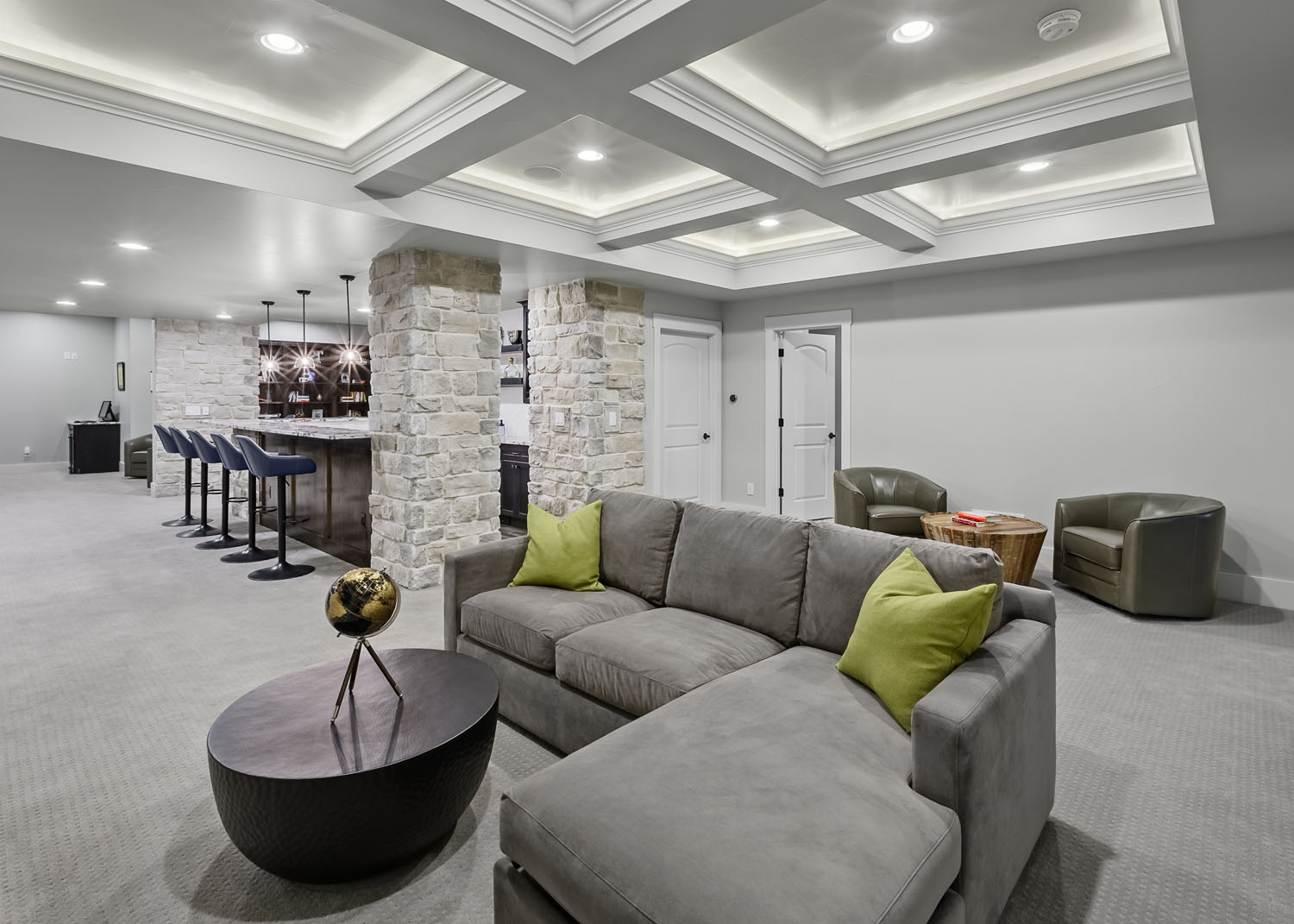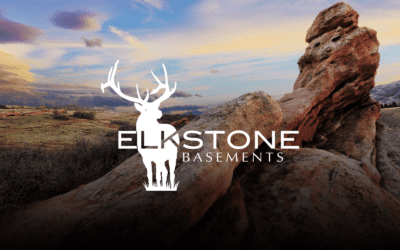Did you know that finishing your basement can give you a 77.6% return on your investment? Transforming your basement into a living space is more than just an upgrade—it’s about creating a new heart for your home. Here’s how to do it in 2025.
Whether you want new basement family rooms, extra space to rent out, or just an added bedroom for guests, basement remodeling is an ideal way to get more value out of the space you already have. The following are the top seven steps you should take to transform your basement into a livable space.
1. Measure Your Basement
You’ll want to know just how much space you’re working with. Most importantly, though, you’ll need to know the height of your basement before you follow through with any more of your building plans. Most building codes and regulations require that a basement be at least seven feet tall to be fit for basement remodeling and finishing.
Along the way, before you plan any new building project, it’s always important to check local building codes to make sure your desires are in line with the law.
2. Inspect Existing Construction Quality
If your basement is unfinished, it may not have plumbing or wiring already. If this is the case, you will need to have your basement remodeling company install the wiring and plumbing themselves. However, if your basement has wiring or plumbing installed already, it will need to be inspected to ensure it’s up to quality standards and local building codes.
Keep in mind that a permit is required to inspect and modify plumbing or electrical wiring, so you will probably want to leave this to your basement remodeling company as well.
3. Install Insulation and Moisture Protection
Now it will be time to call upon your trusted basement remodeling company.
The next step in the process of remodeling an unfinished basement is to install insulation. Not only will this provide warmth during the winter, but it will keep unwanted noise out of your basement and unwanted basement noises out of the rest of your home. Insulated panels, batting, or other materials may be used to provide this insulation and noise protection. Important wall renovation choices may come into play here, so it’s integral that you consider all of your options carefully going forward.
Next, you’ll want to add moisture protection to your basement. When you live in a basement, you need vapor barriers to keep moisture from spreading past the concrete walls. This is something you should keep in mind as you think about basement living space ideas.
4. Install the Right Egress Windows
As you study basement building codes, you’ll find that one of the most important safety features in any basement is its windows.
Besides letting light in, egress windows are essential for doubling as escape hatches in case of emergency. If there’s a fire on an upper floor or some other emergency, you don’t want anyone getting trapped in the basement.
It may be necessary to expand window spaces and renovate your foundation in to make room for proper egress windows. This is an absolute necessity for a livable basement space, so don’t skimp on cost here.
5. Inspect for Radon
Radon is a specific kind of radiation that rises from the earth in certain areas. It isn’t found everywhere, but if present it can turn a comfortable home into a death trap. If you live in a location where radon can be a problem, you should get a radon test kit or hire a contractor to check radon levels in your basement.
6. Check for Rot and Pest Damage
Inspect the wood, concrete, and stone making up your basement and foundation for damage caused by moisture or pests, such as rodents or termites. To proceed with building plans, any moisture issues must be addressed, pests must be exterminated or blocked out of your home, and any rotting or damaged materials must be replaced.
7. Install a Sump Pump
If you live in an area prone to heavy rainfall or if your house rests in a fairly low area, there’s no questioning it: your basement needs a sump pump. Groundwater can destroy a finished basement if allowed to sit for prolonged periods. With your basement getting upgraded, you don’t want to come home from a vacation and discover that your basement transformed into a lake during your absence.
Ready to bring your basement vision to life? At ElkStone Basements, we specialize in turning unfinished basements into beautiful, functional living spaces—on time and on budget. Contact us today and start maximizing your home’s potential!




Recent Comments